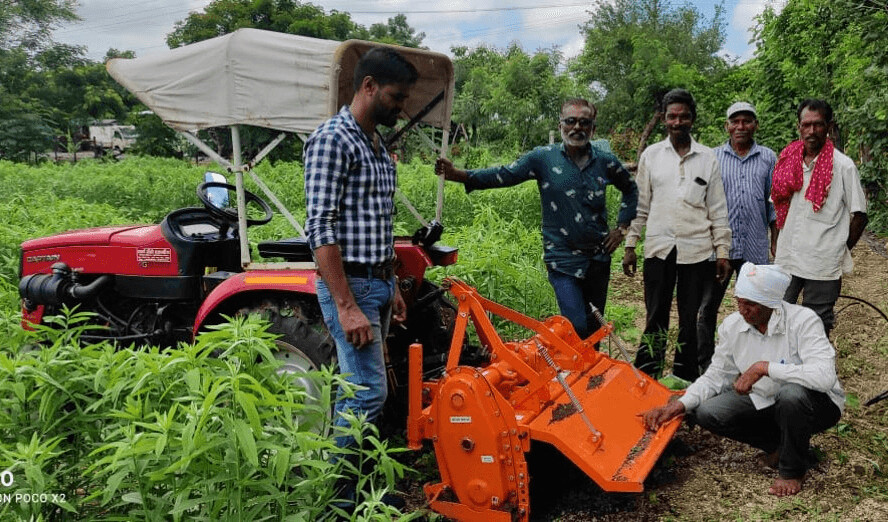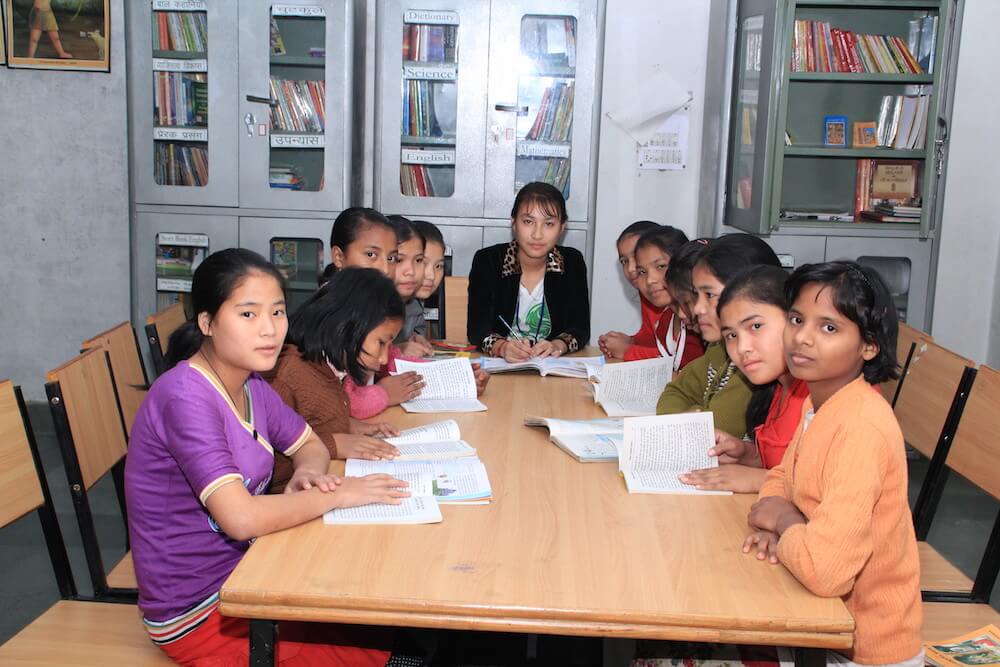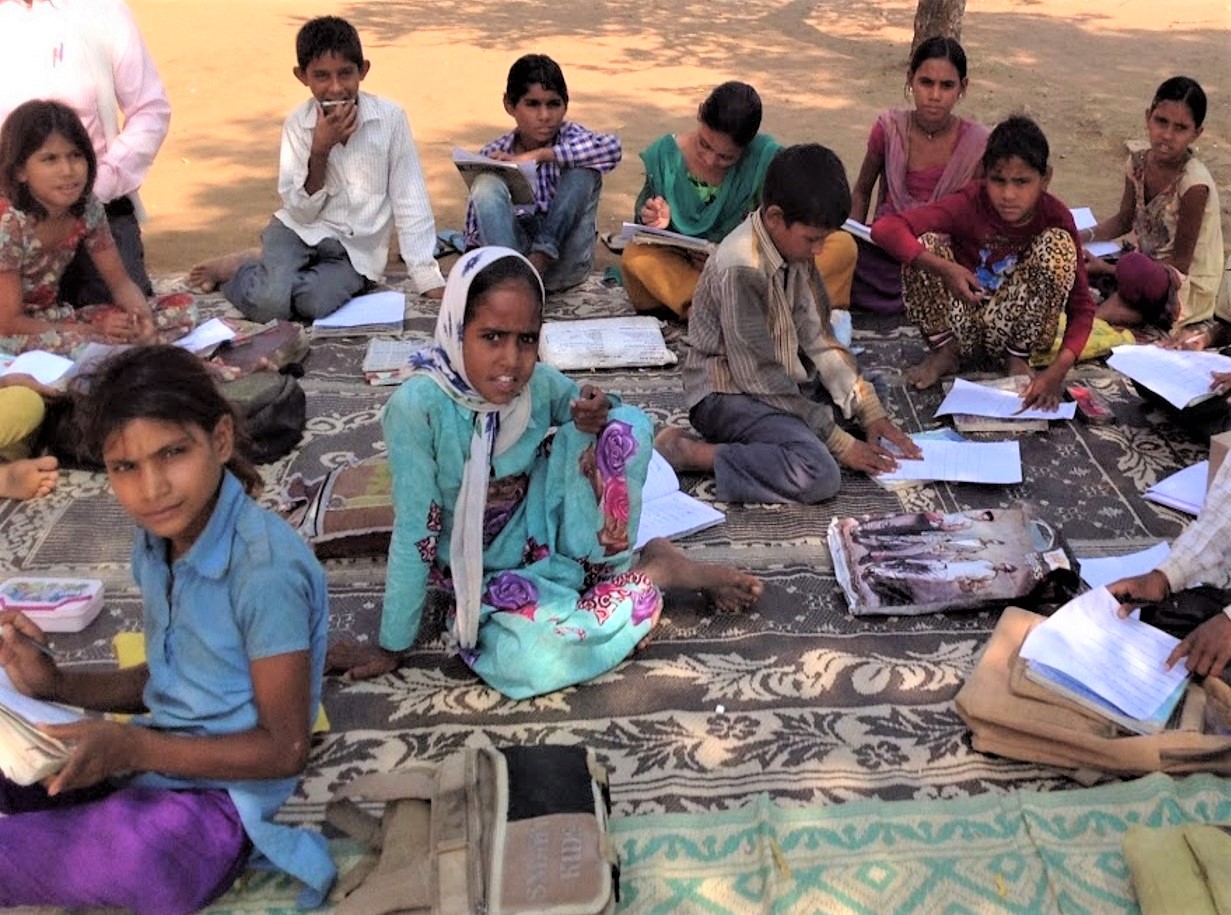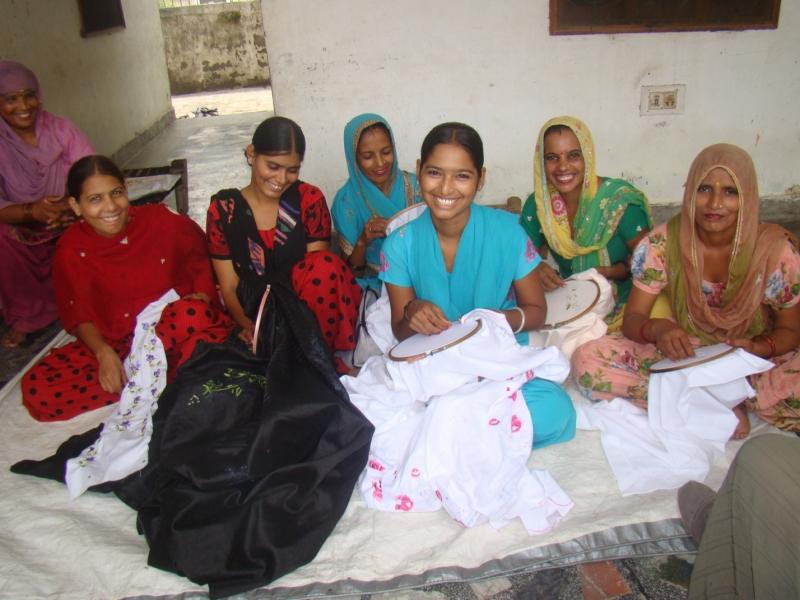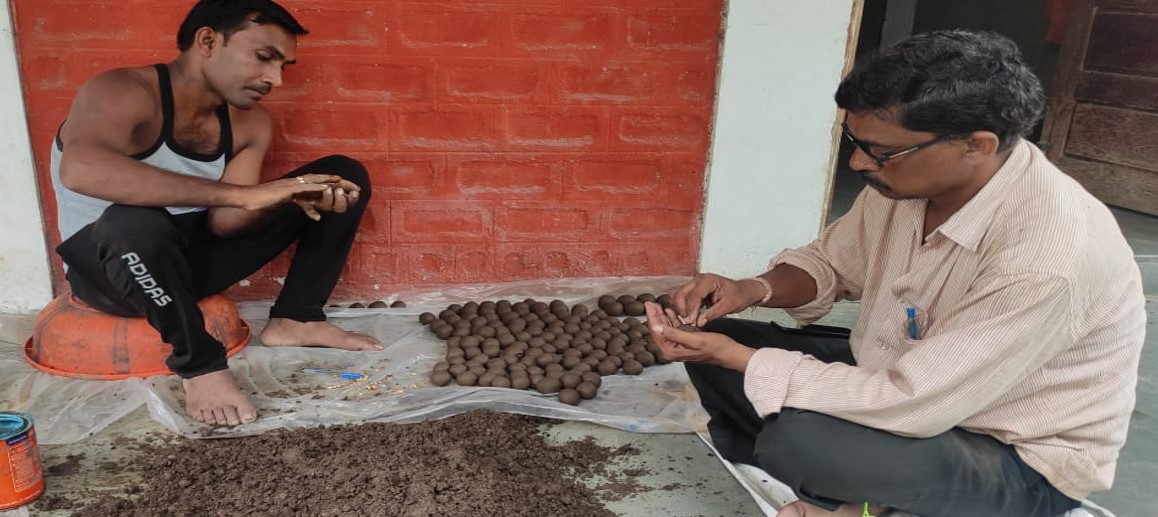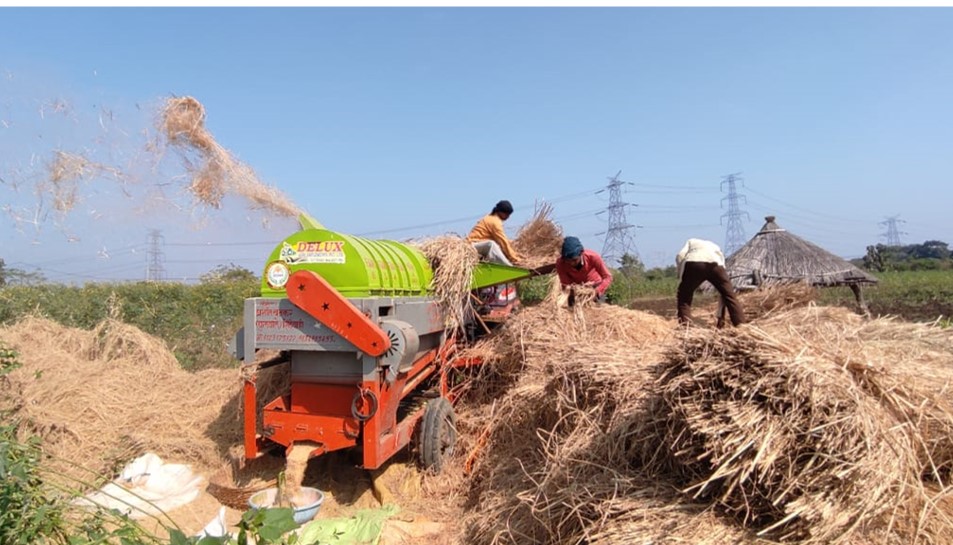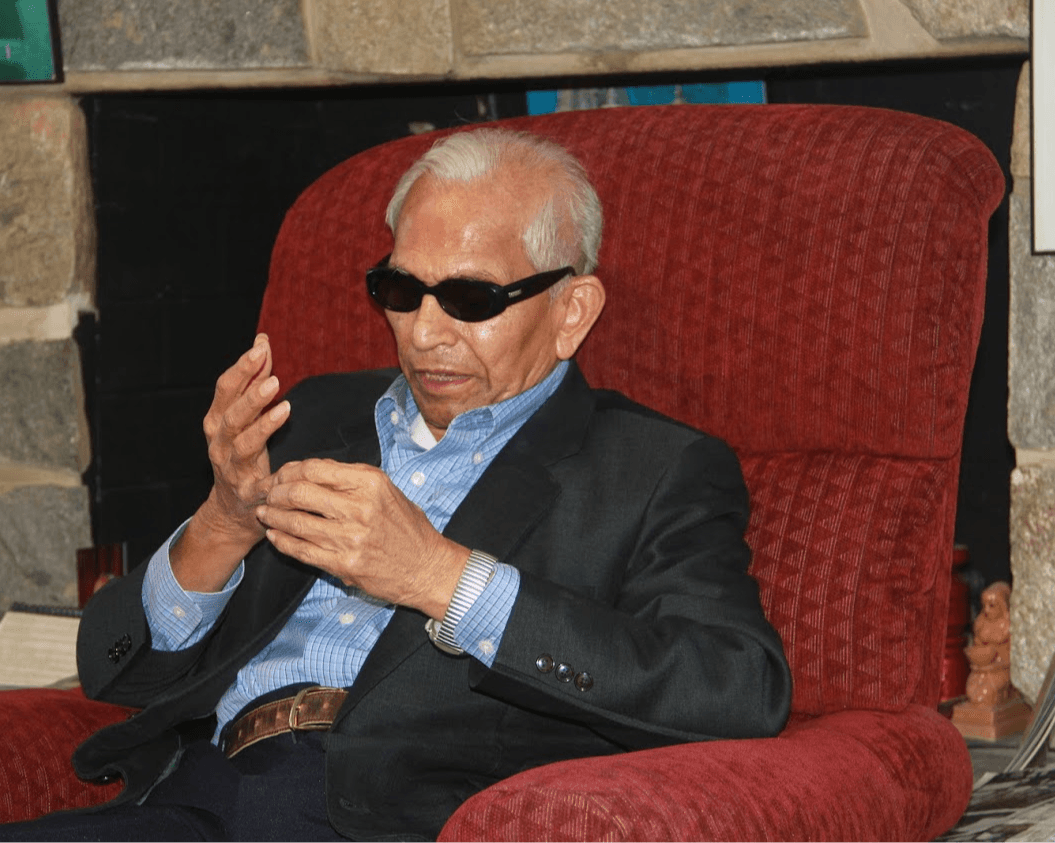We were lucky to catch up with Dr. Vinod Prakash recently and have shared our conversation below.
Hi Dr. Vinod, thanks for joining us today. Is there a heartwarming story from your career that you look back on?
On one of my trips to rural India, I was wonderstruck to see villagers sharing their sleeping and living areas with their cattle. I saw men carrying a sick person on a charpoy (woven jute cot) because there was no ambulance to transport patients in the remote areas to the hospitals. I found myself heavy-hearted, fighting back the tears. This was a turning point for me. I was inspired to serve the downtrodden for as long as I lived. I resolved to focus on building the India Development and Relief Fund (IDRF)- a public charity and to be a supporter of local NGOs in India, Nepal, and Sri Lanka to serve the poorest of the poor with zeal and spirit.
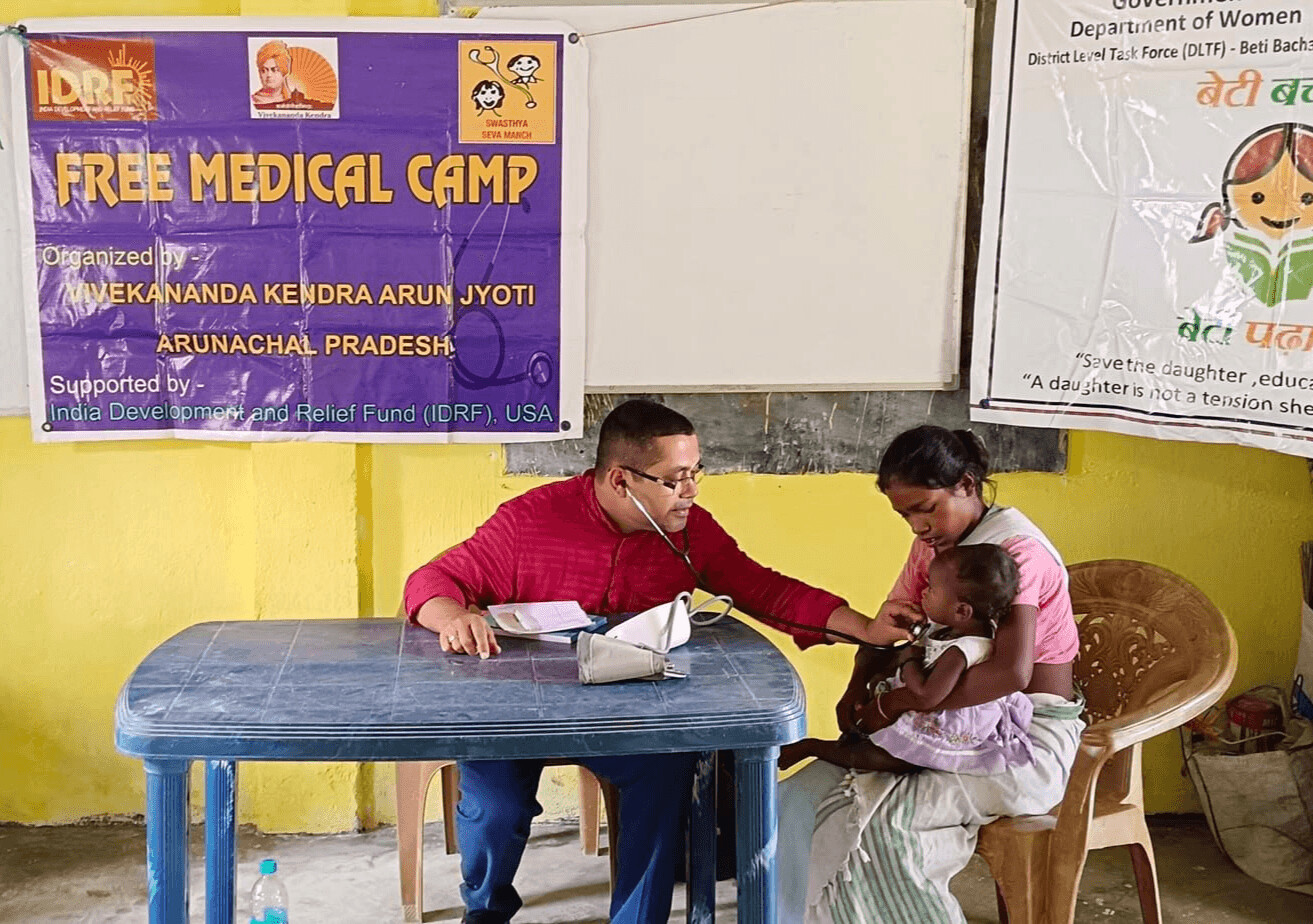
Awesome – so before we get into the rest of our questions, can you briefly introduce yourself to our readers.
I grew up in a lower-middle-class family involved in the Freedom Movement in pre-independence India and was greatly influenced by Mahatma Gandhi. His words “The world has enough for everyone’s need but not for everyone’s greed”, have always inspired me. As a young man, I came to the USA for my higher education at MIT and later worked at the World Bank. However, my only desire and passion in life was to serve the poorest of the poor and serve my motherland. In choosing to dedicate myself to serving the poor and needy, I took early retirement from my job as an Economist at the Bank and established India Development and Relief Fund (IDRF) in 1988, a 501 (c)(3) non-profit that provides sustainable and equitable access to education, healthcare, livelihood opportunities, water and sanitation, and infrastructure to underprivileged children, women and communities in India, Nepal, and Sri Lanka.
IDRF’s goal is to put power, not charity, into the hands of the impoverished, through multifaceted development programs implemented by reliable, local NGO partners. IDRF is committed to long-term, sustainable, grassroots development in India, Nepal, and Sri Lanka, raises donations from individuals in the United States, and gives grants to reliable NGOs that have government approval to receive international contributions. In the past 35+ years, IDRF has raised over $57 million, for sustainable developments in the fields of education, skill development, livelihood, healthcare, women/community empowerment, environment sustainability, water security, good governance, etc. IDRF maintains the highest compliance standards and one of the lowest overheads in the industry and approximately 96 cents of every dollar we raise goes directly to the beneficiary NGOs.
IDRF has received the top-most accreditation and recognition from the industry. Guidestar has awarded IDRF the Platinum Seal, and Charity Navigator USA has conferred 4 out of 4 stars for demonstrating strong financial health and a commitment to accountability and transparency. I have been privileged to receive more than 20 local, national, and international awards for my service to the underprivileged through IDRF.
IDRF also offers a unique platform to fulfill your dream of giving back to the needy or in the memory/honor of a loved one through a Donor Preference program (including Corporate Matching if applicable). When you donate, you receive an immediate tax deduction and then recommend grants from your funds over time to your favorite cause, charity, or state in India.
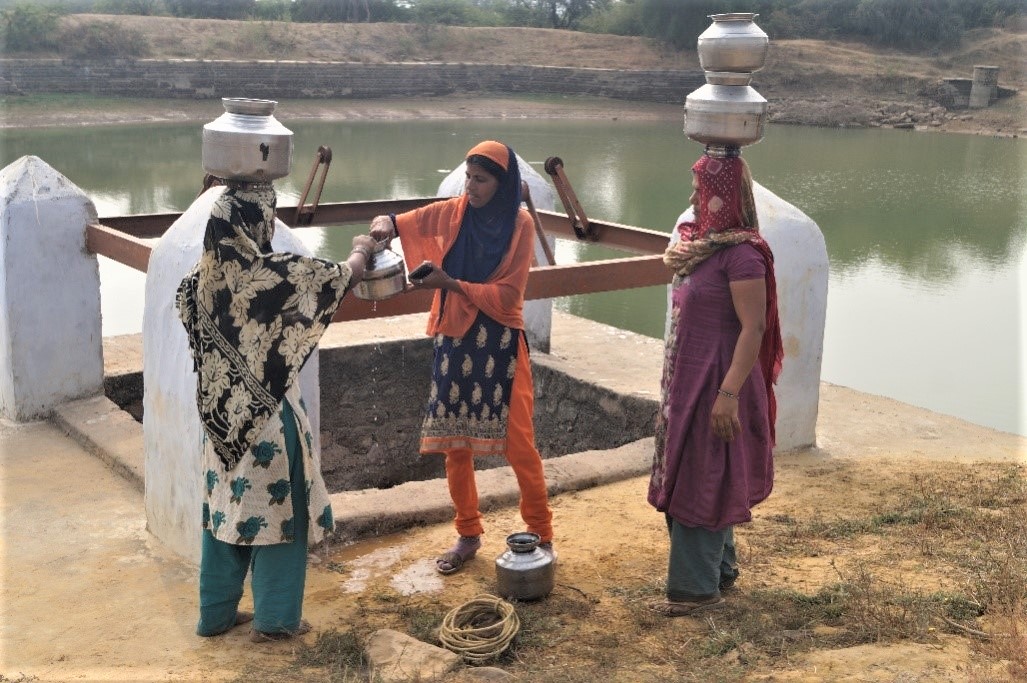
We’d love to hear a story of resilience from your journey.
Although IDRF has successfully implemented various development programs at the grassroots level since its inception, the road has been long and arduous. I have faced some significant challenges along the way. My dedication to serving others has grown stronger with time given my struggles as a first-generation immigrant, from losing a child to leukemia to raising another child with severe cerebral palsy and epilepsy to losing my eyesight in 2010 due to medical negligence. After I lost my eyesight, I did not want IDRF work to suffer and hired a small operations team to handle the work I was doing by myself. Thus, I overcame the inevitable state of a deep depression by continuing to serve the underprivileged. Even at the age of 92+, I am actively involved in the day-to-day operations of IDRF, thanks to the dedication and patience of my operations team.
The greatest pleasure I have known in my life has come from the good work I have been able to do through IDRF. Over the years, IDRF has helped over 100,000 poor students and orphans get education and vocational training and stand on their feet. IDRF has also helped develop a mobile app called ‘I Change My City’, which has helped 1.84 million citizens report complaints and resolve matters with local authorities. 25,000 patients are cared for annually through Mobile medical clinics in slums, tribal, and remote hilly areas. 2,500 private toilets were constructed for the rural poor to end open defecation and maintain women’s privacy and safety. IDRF has been successful in preventing the seasonal migration of people from 105 arid and rain-scarce villages by constructing 130 check dams/ponds and 150 wells for rainwater harvesting. This has helped in improving education, health, and economic sustainability for 250,000 people. Our women empowerment programs have been able to help 13,000 poor rural women and school dropouts become self-reliant through livelihood and skill development training and micro-credit and Self-Help Groups and more than 10,000 small farmers have been trained in sustainable organic farming techniques and livelihood options.
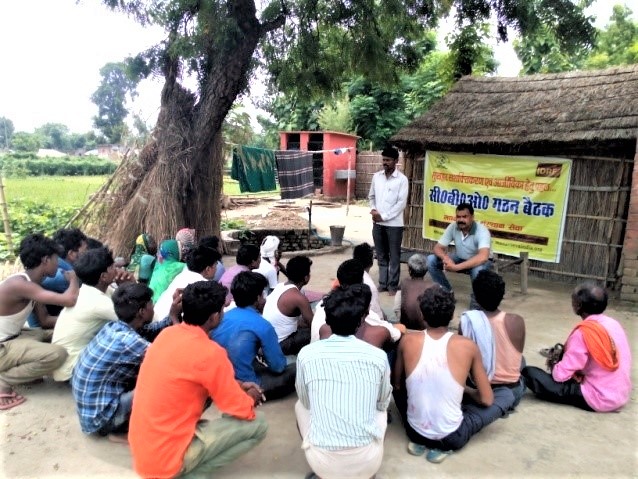
How do you keep your team’s morale high?
In 2024, IDRF has raised $7.5 million and has become one of the largest nonprofits focused on the Indian subcontinent. However, our beginnings were humble, and in 1988, its first year of operation, IDRF raised only $16,000. Most of the work was done manually by me and helped by a team of volunteers so that 100% of the funds raised could be sent to the beneficiaries. As a statistician with a penchant for details, I made sure that all accounts were meticulously maintained in large, bound ledgers a time-consuming process. I also raised money from family, friends, and colleagues, while continuing to deepen my network amongst the Indian American community and Americans who wanted to help the underprivileged. Instead of organizing fancy Galas to fundraise, we developed innovative ways to raise funds by organizing cricket tournaments, Indian cooking classes, cultural events, distributing calendars and grocery coupons, etc. My two sons and daughters-in-law also helped by setting up examples such as at the time of their weddings they mentioned in the invitation card that the guests should not bring any gifts, and if they wanted they could donate to IDRF. Half a dozen other Indian couples followed their example and all the funds raised were used for providing a medical van for poor patients in rural India.
My advice for the folks who are starting their journey is that the most important aspect of starting, running, and growing any public charity is to have a clear vision of what you want to accomplish and the determination to carry it through even in the most difficult times. It is very important to always pay attention to your partners. Our team does a lot of due diligence before we fund projects through the local NGOs. Our partners meet all compliance standards and are approved by the government to receive funds from overseas and as a result, there has never been an instance in which the recipient took the money and didn’t follow through.
I strongly felt that unless we engaged the next generation of Indian Americans in the development of India, IDRF’s efforts would peter out over time. For that reason, we are actively engaging the younger generation using video messaging, social media platforms, monthly LinkedIn webinars, etc. to reach a wider audience to raise funds and share the impact stories of communities living in challenging conditions with limited resources. I am extremely confident that the younger generation understands the impact they can have on society. Many young people today are already actively engaged in social causes, and environmental issues, and advocating for change. There’s a growing awareness around giving back, whether through volunteer work, activism, or supporting causes that improve communities.
My passion to serve the downtrodden not only remains intact but has grown stronger. I strongly believe that “we make a living by what we get, but we make a life by what we give”. The blessings of thousands of souls that IDRF has served keep me going with my seva (serving selflessly) for my motherland.
Contact Info:
- Website: https://www.idrf.org
- Instagram: idrf_dr.vinodprakash
- Facebook: https://www.facebook.com/IDRFUSA
- Linkedin: https://www.linkedin.com/in/idrf-vinodprakash/
- Twitter: https://x.com/IDRF_US
- Youtube: @IDRFUS
- Other: Charity Navigator: https://www.charitynavigator.org/ein/521555563Guidestar: https://www.guidestar.org/profile/52-1555563
